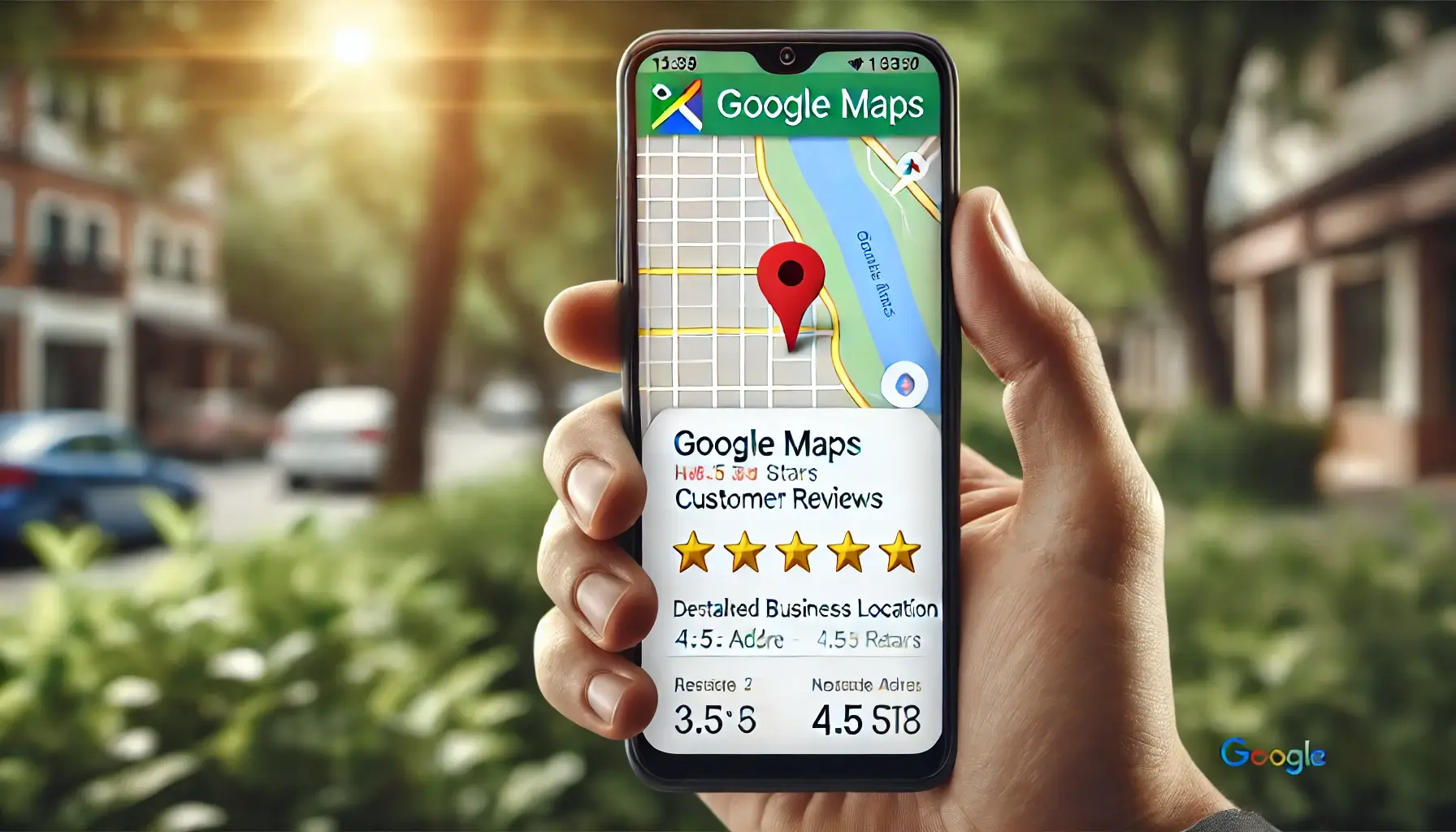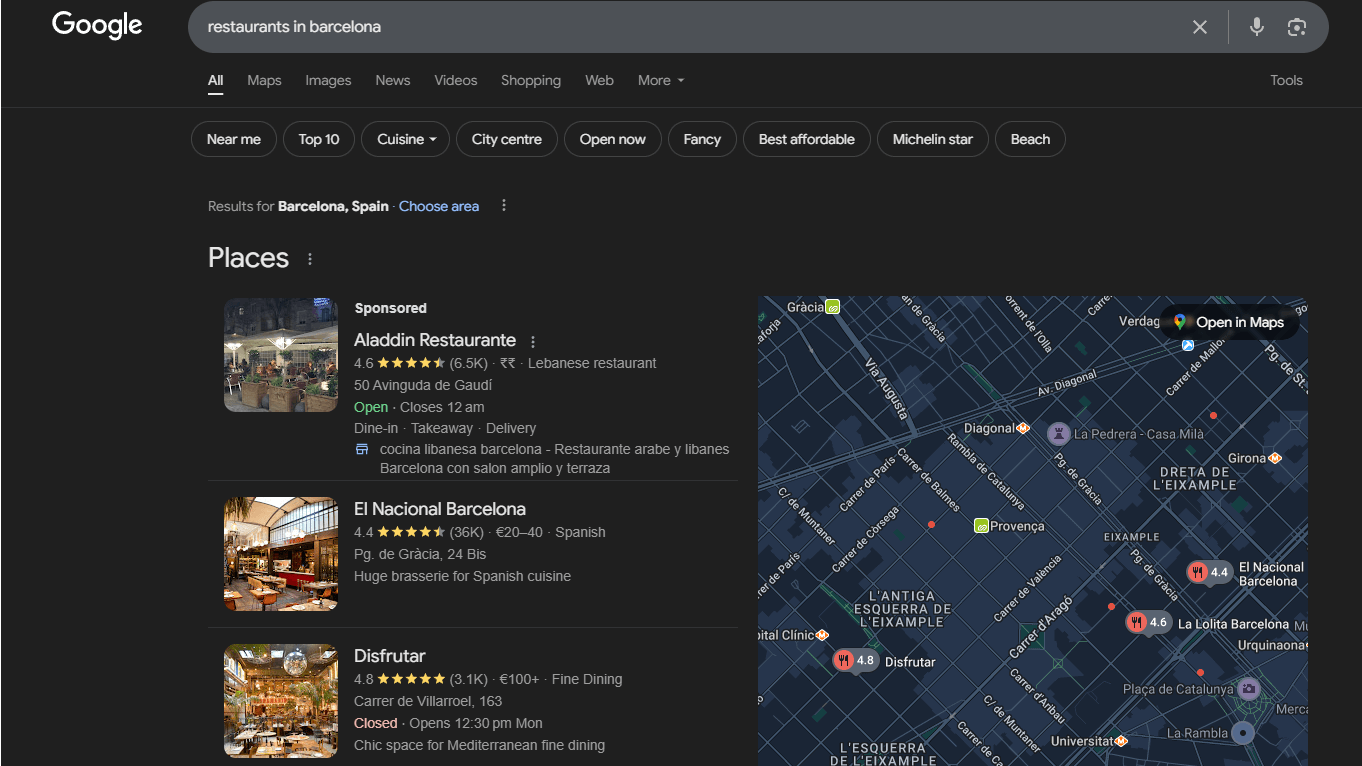local SEO tips for small businesses are
What is Local SEO and Why Does It Matter?
Local SEO refers to the process of optimizing your online presence to improve your business’s ranking in local search results. When people search for products or services in their vicinity, search engines like Google show them relevant businesses nearby. If you are a small business, local SEO can significantly impact your ability to be discovered by potential customers in your area.
Small businesses often face competition from larger, national brands, but with the right local SEO strategies, you can carve out a niche in your local market. By focusing on local SEO, you’re ensuring that your business shows up when customers need it the most – right when they search for something you offer.
Key local SEO tips for small businesses
Optimize Your Google My Business Profile

One of the most important local SEO tips for small businesses is to create and optimize your Google My Business (GMB) profile. GMB helps your business appear on Google Maps and local search results, making it easier for customers to find you.
Here’s how to optimize your GMB profile:
- Claim your listing: Ensure you’ve claimed your business on Google.
- Complete all information: Include accurate and up-to-date information like your business name, address, phone number (NAP), business hours, and website.
- Add photos: Businesses with photos tend to get more engagement. Include high-quality images of your storefront, products, or services.
- Collect reviews: Encourage satisfied customers to leave positive reviews. Responding to reviews, whether positive or negative, shows that you care about customer feedback.
Focus on NAP Consistency
NAP stands for Name, Address, and Phone number, which are critical elements for local seo strategy. Search engines use this data to verify your business’s legitimacy and ensure it’s listed consistently across the web.
Ensure consistency by:
- Updating your information on your website and across online directories like Yelp, Yellow Pages, and local listings.
- Checking for inaccuracies in your NAP information. Even small errors can confuse search engines and hurt your rankings.
- Using the exact same format (e.g., don’t switch between “St.” and “Street”).
Use Local Keywords in Your Content

To improve your rankings in local search results, you need to optimize your website with local keywords. These are keywords that include your location or target area, such as “best plumber in [city]” or “Indian restaurant near [neighborhood].”
Here’s how to use local keywords:
- Research local search terms: Use tools like Google Keyword Planner or SEMrush to find what people are searching for in your area.
- Incorporate keywords naturally into your website content, including in page titles, headings, meta descriptions, and product/service descriptions.
- Use location-based keywords in blog posts or FAQs. For example, a blog post titled “Top 5 Coffee Shops in Bangalore” would work well for a coffee shop targeting local customers.
To boost your local seo strategy
Get Listed in Local Directories
Another effective local SEO tip for small businesses is to get listed in local online directories. Directories like Yelp, Yellow Pages, and local Chamber of Commerce websites can drive traffic to your site and help you rank higher in local search results.
Here’s why directory listings matter:
- Increase visibility: Many people use local directories to find trusted businesses.
- Improve local citations: Each directory listing provides a citation, which helps build your business’s authority and credibility in the eyes of search engines.
- Boost local rankings: Getting listed in multiple reputable directories can help improve your rankings in local search results.
Ensure Your Website is Mobile-Friendly
![]()
With more and more people using mobile devices to search for local businesses, having a mobile-friendly website is crucial for local SEO. Google prioritizes mobile-friendly sites in its search results, and customers are more likely to visit and engage with businesses that offer a smooth mobile experience.
How to optimize for mobile:
- Make sure your website is responsive (adjusts to different screen sizes).
- Speed up your site’s load time. Slow websites lead to high bounce rates, which can hurt your rankings.
- Check usability on mobile. Ensure your content is easy to read and buttons are clickable on smaller screens.
Build Local Backlinks
Backlinks are a crucial ranking factor in SEO, and this is no different for local SEO. Having backlinks from other reputable local businesses or organizations can increase your authority in your industry and boost your local search rankings.
Here’s how to build local backlinks:
- Partner with local influencers or bloggers: They can write about your business and link back to your website.
- Sponsor local events or charities: This can help you get mentions and backlinks from local organizations.
- Get featured on local news sites: Local news coverage can generate backlinks and increase your visibility.
Create Location-Specific Content

Creating content that targets your specific location is an effective way to improve your local SEO. Location-specific content shows search engines that you are relevant to the area and helps potential customers find you when they search for local services or products.
Ideas for location-based content:
- Blog posts: Write about local events, news, or industry-related topics in your area.
- Case studies: Share success stories of clients or customers in your location.
- Local guides: Create helpful content, like “The Ultimate Guide to Shopping in [City]” or “Top 10 Local Restaurants to Try.”
Optimize for Voice Search
increasingly popular. Many voice searches are location-based, making it important to optimize for this trend.
Tips for voice search optimization:
- Use conversational keywords: Voice search queries tend to be more natural and conversational. For example, people might search, “Where is the best sushi in [city]?” instead of just “best sushi [city].”
- Answer questions directly: Create FAQ sections or blog posts that answer common questions your customers may ask.
Conclusion
Local SEO is an essential part of digital marketing for small businesses. By focusing on key local seo strategy such as optimizing your Google My Business profile, building local backlinks, and using local keywords, you can significantly increase your chances of appearing in local search results and attracting more customers. By following these local SEO tips for small businesses, you’ll be well on your way to improving your online presence and growing your business in your local area.
Don’t forget that SEO is an ongoing process, and with patience and persistence, you’ll start seeing the benefits over time. Implement these local seo strategy today and watch your business thrive in the local search rankings!



Leave a Comment